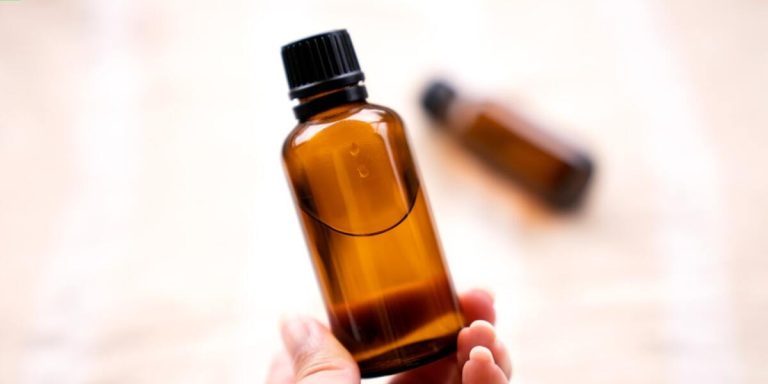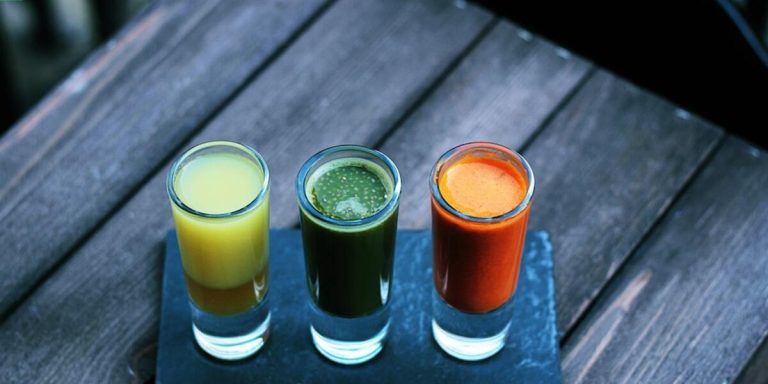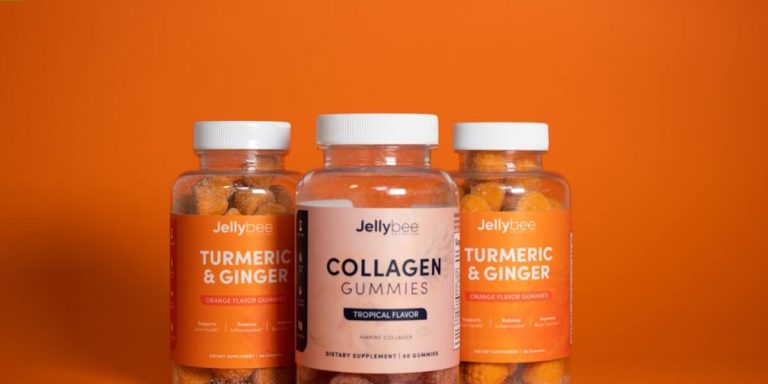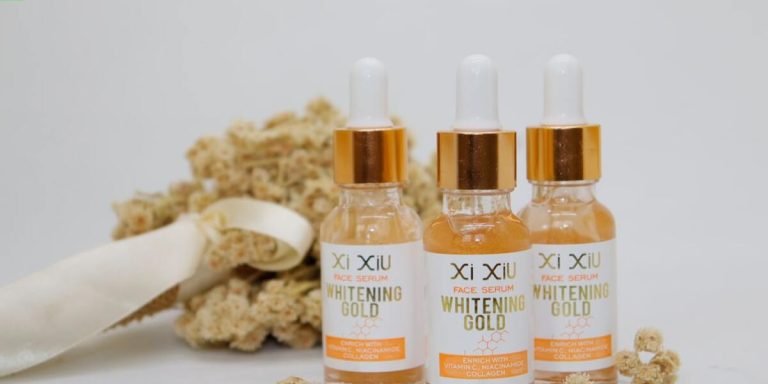Do Prenatal Vitamins Help with Hair Growth? An In-depth Analysis
Does the question, “Do prenatal vitamins help with hair growth?” frequently cross your mind? It’s no secret that many women report experiencing healthier and faster-growing hair during pregnancy. This phenomenon often leads to discussions around whether these changes are due to taking prenantal vitamins.
Delving deeper into this topic, we will explore a range of scientific studies and expert opinions on the relationship between prenatal vitamin consumption and hair growth. We’ll objectively analyze their components, how they potentially affect our body processes related to hair health, thereby helping you understand if including them in your routine can be beneficial for boosting your mane’s vitality or not.
Did you know?
A fascinating fact is that prenatal vitamins are often prescribed as a hair growth supplement, despite their primary function to support healthy fetal development. This is due to their high levels of biotin and folic acid, known for enhancing hair health and growth.
Maximizing Hair Growth: The Role of Prenatal Vitamins
The link between prenatal vitamins and flourishing hair growth is widely celebrated. These specialized multivitamins, traditionally intended for pregnant women, have gained popularity among individuals seeking improved hair health and rapid growth. Prenatal vitamins contain an abundance of essential nutrients like folic acid, biotin, iron and zinc which are known to promote healthier and faster-growing locks.
Focusing on the key ingredients in these prenatal formulas uncovers their crucial role in bolstering the natural life-cycle of our strands. For instance, Biotin supports keratin production – a structural protein that makes up our hair; while Folic Acid aids cell regeneration which can stimulate speedy hair growth from within.
Moreover, Iron prevents your scalp from becoming undernourished by ensuring optimal blood flow – contributing to replenishing follicles with much-needed oxygenated blood that vitalizes both existing hairs as well as promoting new dense sprouts. Zinc ties all this together by aiding tissue repair whilst keeping oil glands around follicles working perfectly.
Consistent consumption of prenatal vitamins over time correlates positively with improved hair strength and elasticity, often resulting in fewer instances of breakage for longer, more vibrant-looking hair. To achieve these goals:
- Incorporate prenatal vitamins into your daily regimen properly.
- Maintain good nutrition habits.
- Ensure sound sleep patterns.
- Watch out for environmental factors like harsh heat exposures.
- Avoid excessive styling routines that could damage your hair.
Understanding the Nutrient Profile in Prenatal Supplements
Folic Acid is an important player when it comes to facilitating cell renewal – key for sprouting thick, healthy strands of hair. It facilitates the production of DNA and RNA – the building blocks of cells including those that constitute our scalp and follicles.
Biotin, another star ingredient present in prenatal supplements has been associated with improved keratin infrastructure – beneficial for yielding strong locks as Keratin happens to be a basic protein making up your hair structure.
Iron plays its part by aiding red blood cell development which then transport oxygen all over the body resulting in increased circulation denoting healthier scalp leading to enhanced overall growth rates.
Evaluating Scientific Evidence Linking Prenatal Vitamins to Hair Health
Firstly, let’s discuss Folic Acid which is abundantly found in these supplements. This B-vitamin plays a pivotal role in cell regeneration and consequently assists in stimulating faster and healthier hair growth.
Next on our list of vital ingredients is Iron. An essential mineral for body function; iron assists red blood cells carry oxygen to all body parts including your scalp – setting up an ideal environment fostering efficient follicle functioning which translates into enhanced overall hair health.
Speaking of effective follicle functioning brings us to Biotin – another primary compound present within most over-the-counter-contained within most available-to-purchase prenatal vitamin bottles. A recognized hero ingredient for improved keratin infrastructure (the building blocks of your locks), it has been positively associated with boosted thickness along with diminished shedding or breakage rates.
Furthermore, many products also feature Vitamin D as part of their nutritional profile- an element widely acclaimed for its potential positive impacts linked to creating new pores from where freshly grown strands can sprout.
Key Ingredients in Hair Growth Vitamins: What to Look For
When it comes to hair growth, certain key ingredients play a crucial role and should be present in your choice of vitamins. Expectant mothers may wonder whether prenatal vitamins are beneficial for this purpose. Prenatal vitamins have been linked with promoting healthier and quicker hair growth, but the question on many minds is – do prenatal vitamins help with hair growth?
Yes, they can indirectly contribute to enhancing hair health. Their formulation usually includes essential nutrients like iron, folic acid, calcium amongst others which aren’t exclusive to pregnancy needs but also promote overall body wellness; healthy skin included therein.
However it’s fundamental to understand that these so-called ‘hair miracles’ operate under ideal conditions: enough protein intake (as hairs constitute primarily proteins), balanced diet and reduced stress levels – factors pivotal for optimal results from any vitamin supplement.
For non-pregnant individuals desiring faster or thicker mane too there exists an array of specialized Hair Growth Vitamins available in the market today boasting specific components advantageous for our tresses. Bioactive compounds such as Biotin & Keratin along with antioxidants like Vitamin C/E cater specifically towards strengthening follicles leading longer lasting strands.
Thus while prenatal multivitamins might assist slightly due their inclusive nutrient profile intended primarily for expectant mothers’, targeted Hair Growth Supplement would provide visible result catering personally towards boosting scalp health reducing breakage frequency over time maximizing natural potential instead of depending upon plain chance occurrence via regular Multivitamin consumption!
The Importance of Biotin for Strengthening Hair Follicles
Biotin, a key ingredient in hair growth vitamins, plays an integral role in bolstering the health and strength of your hair follicles. This nutrient is widely recognized for its potent benefits related to hair regrowth – especially when it’s combined with prenatal vitamins.
Prenatal vitamins are supplements that contain higher amounts of certain nutrients than typical multivitamins, including folic acid and iron. However, if you’re wondering “do prenatal vitamins help with hair growth?”, the answer lies mainly on one particular B-vitamin: biotin.
Hair strands consist primarily of protein-rich keratin cells. Biotin helps your body convert food into the essential proteins needed for strong hair. When you have enough biotin in your system, either through direct consumption or oral supplementation like prenatal vitamins, you often see results like strengthened roots and improved hair quality that thrives over time despite conditions like stress-induced shedding or hormonal imbalances.
It isn’t unusual these days for individuals experiencing thinning hairlines or bald patches resorting to ingestibles such as high-biotic contented capsules promising renewed luster along reduced breakage rates year-round without any side effects unlike other chemically loaded alternatives available off-shelf making them more appealing choice among consumers interested maintaining healthier-looking manes throughout 2023!
Iron’s Impact on Oxygen and Nutrients Delivery to Scalp
A key component in many hair growth vitamins is iron. In 2023, studies show that Iron plays a pivotal role not only for your overall health but also for the promotion of healthy and strong hair. It aids in delivering oxygen to all cells within our bodies, including those on the scalp.
This critical mineral helps red blood cells carry nutrients and oxygen required by follicles for sustained hair growth. A lack of sufficient iron or anemia can actually lead to hair loss as it starves the follicles of necessary nutrients they need to function optimally.
Equipped with this knowledge about Iron’s role, you might be wondering if prenatal vitamins containing high doses of iron could boost your locks’ lushness? The answer lies in understanding that while expectant females often experience thickened tresses due their heightened hormonal levels – consuming additional amounts may not necessarily have similar effects on non-pregnant individuals or men.
Prenatal Vitamins usually contain higher quantities of specific supplements like folic acid and iron compared to standard multivitamins; however these are geared towards supporting fetal development rather than specifically promoting enhanced hair growth per se.
Integrating Hair Growth Strategies with Prenatal Vitamin Use
In the quest for fuller, shinier hair, many people have discovered the effectiveness of prenatal vitamins. These are not just beneficial to expectant mothers but also serve as a supplement that aids in strengthening and growing your hair faster than normal multivitamins due to their high concentration of certain nutrients like folic acid, biotin and vitamin D.
The integration of these particular vitamins into daily routines has grown popular among health-conscious individuals seeking natural solutions to improve hair quality. Folic acid primarily helps with cell regeneration which is vital for fast-growing tissues like our hair and nails while biotin boosts keratin infrastructure- an essential structural protein present in our skin, hairs and nails.
Creating a Balanced Diet for Optimal Hair Nutrition
One of the key elements to consider for an optimized meal plan is incorporating prenatal vitamins due to their rich nutrient content. Prenatal vitamins contain larger amounts of certain nutrients that are beneficial not only for pregnant women but also those looking to enhance their overall hair health.
To initiate your journey towards fortified locks through nutritious intake, there’s no need for drastic dietary alterations; instead you can start by adding more fruits and vegetables into your meals as they’re packed with essential antioxidants and bioflavonoids that encourage healthier scalp circulation hence fostering ideal conditions required for vibrant growth.
Lean proteins should be another major component of this regimen. Hair follicles rely on protein-rich foods like poultry, fish, legumes or beans because these sources offer vital amino acids which serve as building blocks needed by keratin – the primary protein found within our tresses.
Combining Topical Treatments with Oral Supplements for Synergistic Effect
Understanding the intricacies of hair growth, we know it’s not just about topical treatments. In many cases, what you consume orally can play a significant role in promoting healthier and fuller hair.
Pairing your standard regimen of shampoos, serums or creams with an intentional intake of specific vitamins has proven beneficial for countless individuals fighting against weak or thinning strands. This is where adding prenatal vitamins to your routine comes into the picture.
Now you might ask: “Do prenatal vitamins help with hair growth?” Absolutely! It’s no secret that pregnant women often boast thick and healthy locks. The truth behind their lustrous mane may rest inside those tiny pills known as ‘prenatal tablets’.
Usually loaded with essential nutrients like folic acid, iron and biotin- all which are critical for healthy follicle function – these supplements have emerged as key players in nurturing robust tresses outside pregnancy circles too!
Let’s make one thing clear though; simply popping prenatals won’t replace a balanced diet rich in naturally-sourced nutrients from leafy greens, lean proteins or whole grains but they do supplement it substantially.
Integrating such oral supplements along your existing topical applications creates this impactful concoction thus working towards better results via dual channels simultaneously – internally through nutritional support while externally maintaining basic scalp hygiene using appropriate products.
Conclusion
In conclusion, the journey of exploring whether do prenatal vitamins help with hair growth has been fascinating. From our analysis, it’s clear that these supplements are chock-full of the essential nutrients needed not just for fetus development but also contributing significantly to your glorious mane’s health and vitality.
However, remember every individual is unique; what works wonders for one may not necessarily yield similar result in another! That being said, don’t stop here. We encourage you to continue browsing around our website.
You’ll unearth a wealth of knowledge about hair growth vitamins that could make all difference on your quest for healthier and fuller locks!







